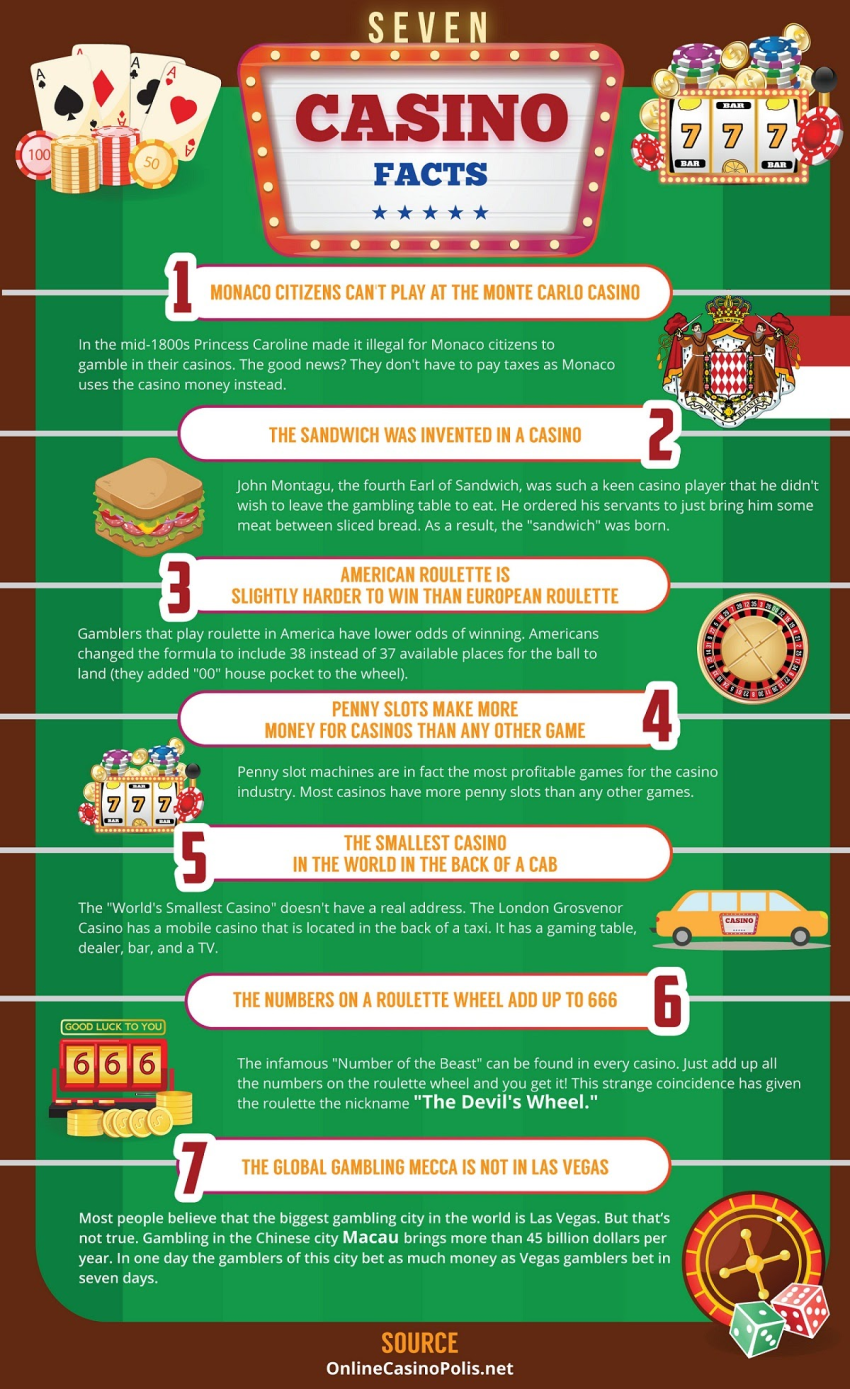Gambling facts tell a fascinating story, blending elements of risk and reward that have captivated humanity for millennia. Across cultures, gambling has morphed from ancient rituals to a multi-faceted industry, influencing everything from economies to social interactions. As we delve into the intriguing gambling history, you’ll discover how online casinos have revolutionized the gaming experience, allowing players to engage in their favorite pastimes from anywhere in the world. Furthermore, exploring gambling psychology reveals the compelling forces that drive people to participate, despite the inherent risks involved. Understanding the broader cultural significance of gambling offers profound insights into its role in our lives, shaping how we connect with one another and our collective history.
Exploring the realm of chance, often referred to in various terms such as betting and wagering, unveils a plethora of insights about human behavior and societal implications. These engaging activities not only provide entertainment but also foster economic growth and community interactions. The rise of digital gaming platforms illustrates a significant shift in how players can participate in these age-old practices, transforming the landscape with new technologies. Additionally, the effects of gambling on mental frameworks reveal how psychological tendencies influence bettor decisions and behaviors, leading to unique trends. The rich narrative surrounding this domain, including its historical roots and cultural relevance, enriches our understanding of its lasting impact on societies worldwide.
Understanding Gambling Facts: A Dive into History and Psychology
Gambling has been interwoven into the fabric of society for millennia, with its roots tracing back to ancient civilizations. The exhilarating tension of risk and reward has always fascinated humans, evolving from primitive betting practices to the sophisticated systems we see today. One of the most intriguing gambling facts is that early forms of gaming can be dated over 5,000 years, highlighting its cultural significance across diverse societies. Gambling wasn’t merely a pastime; it served as a social connector, often embedding itself within rituals and communal activities, thus reflecting the values and traditions of the time.
Moreover, the psychology behind gambling adds another layer to its historical narrative. Various studies in gambling psychology reveal how cognitive biases, such as the Gambler’s Fallacy, influence players’ decision-making processes. Even in ancient societies, the allure of winning despite overwhelming odds reflected an innate human desire for hope and escape. This interplay of chance and human behavior persists in today’s online casinos and gaming environments, showcasing that the underlying thrills of gambling are timeless, deeply rooted in our psychology, and will likely continue to captivate future generations.
Frequently Asked Questions
What are some interesting gambling facts about its history?
Gambling has a rich history dating back over 5,000 years, with its roots traceable to ancient China where wooden sticks were used in early games of chance. Over centuries, gambling has evolved, influencing social and economic structures. From the gambling practices of the Roman Empire to today’s online casinos, each era showcases the cultural significance and impact of gambling on society.
How does gambling psychology affect players in online casinos?
Gambling psychology plays a crucial role in player behavior, particularly in online casinos. Cognitive biases like the Gambler’s Fallacy lead players to wrongly believe that past outcomes influence future results. This psychological understanding is essential for promoting responsible gambling practices, helping players recognize the risk factors associated with their behaviors, especially in a quickly evolving online gaming landscape.
| Key Point | Details |
|---|---|
| Historical Roots of Gambling | Gambling dates back over 5,000 years, with early practices evident in cultures like ancient China. |
| Gambling Capitals | Macau is the world’s gambling capital, generating $45.2 billion in revenue in 2016. |
| The Rise of Online Casinos | The launch of InterCasino in 1996 marked the beginning of online casinos, revolutionizing the gambling industry. |
| Evolution of Slot Machines | Slot machines started as non-cash prize dispensers and evolved to become sophisticated gaming machines. |
| Gambling in Societal Contexts | Even in prohibited areas, gambling persists through discreet methods due to its cultural significance. |
| Women in the Industry | Women have historically influenced the gambling industry, challenging the male-dominated stereotype. |
| Cultural Significance of Games | Gambling activities often play a crucial role in festivals and community gatherings, enhancing social bonds. |
| The Psychology of Gambling | Psychological biases such as the Gambler’s Fallacy impact gambling behavior significantly. |
| Gambling and Economic Impact | The gambling sector generates jobs, tax revenue, and supports local economies. |
| The Future of Gambling | Emerging trends like virtual reality and cryptocurrency are transforming gambling experiences. |
Summary
Gambling facts reveal an intricate history of this captivating activity, captivating individuals across centuries. From its ancient origins over 5,000 years ago to its emergence as a multi-billion-dollar industry, gambling’s story is rich with cultural and economic implications. It’s not just about risk-taking and chance; it encompasses societal roles and psychological influences that shape behavior. In today’s digital age, the evolution of online casinos and upcoming trends like virtual reality and cryptocurrency challenge traditional notions of gambling, creating an exciting future. Understanding these gambling facts enriches our appreciation for this age-old practice, inviting conversation and exploration into its impact on society.
